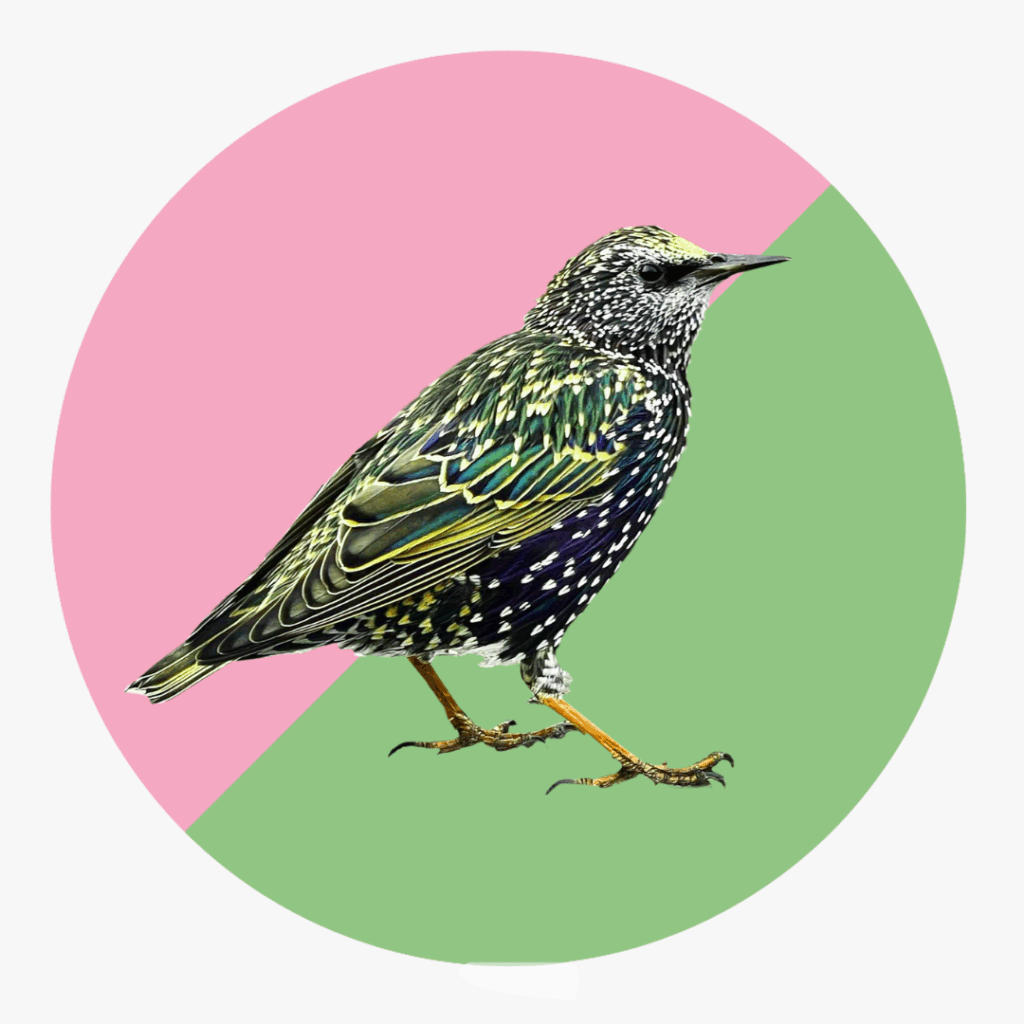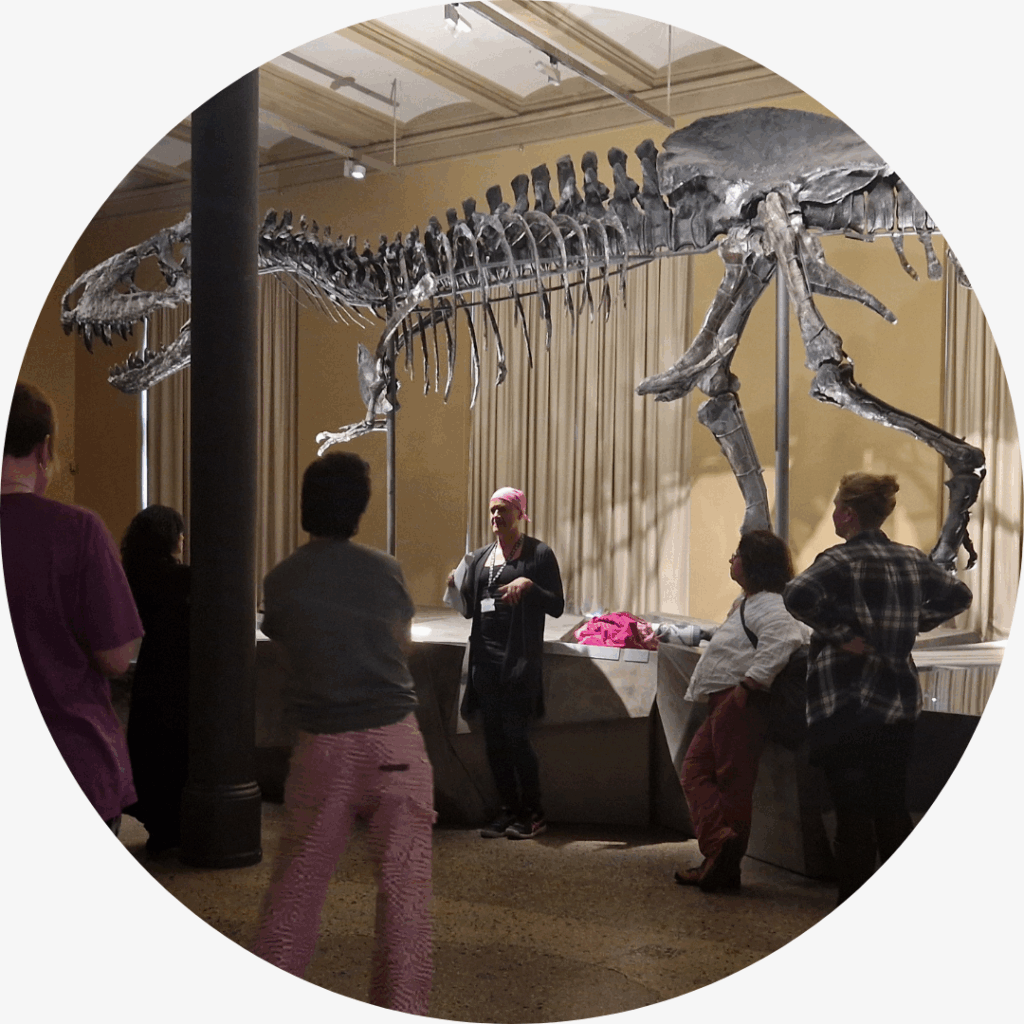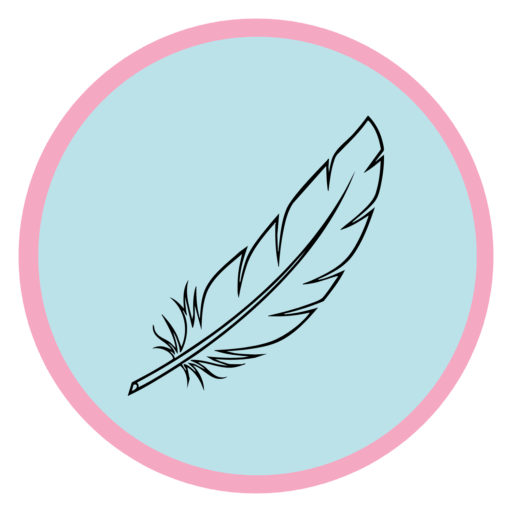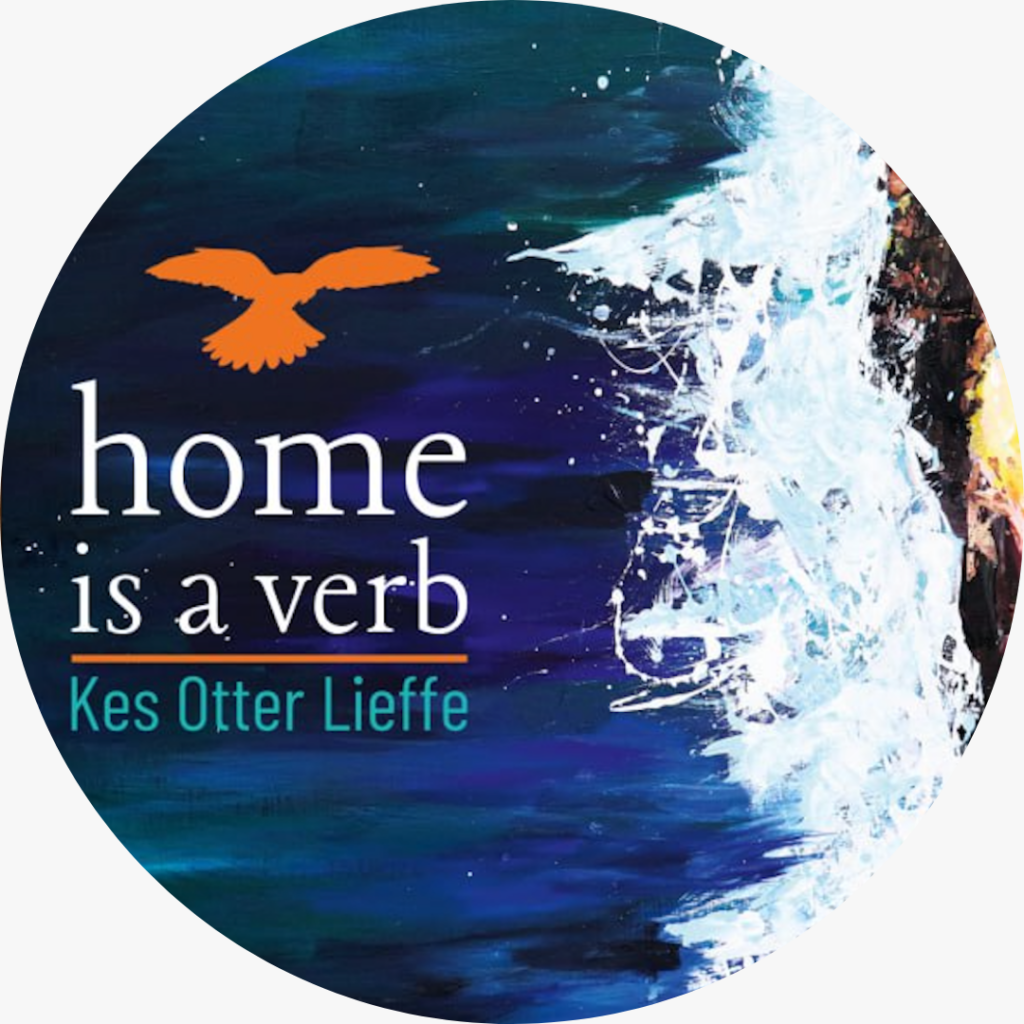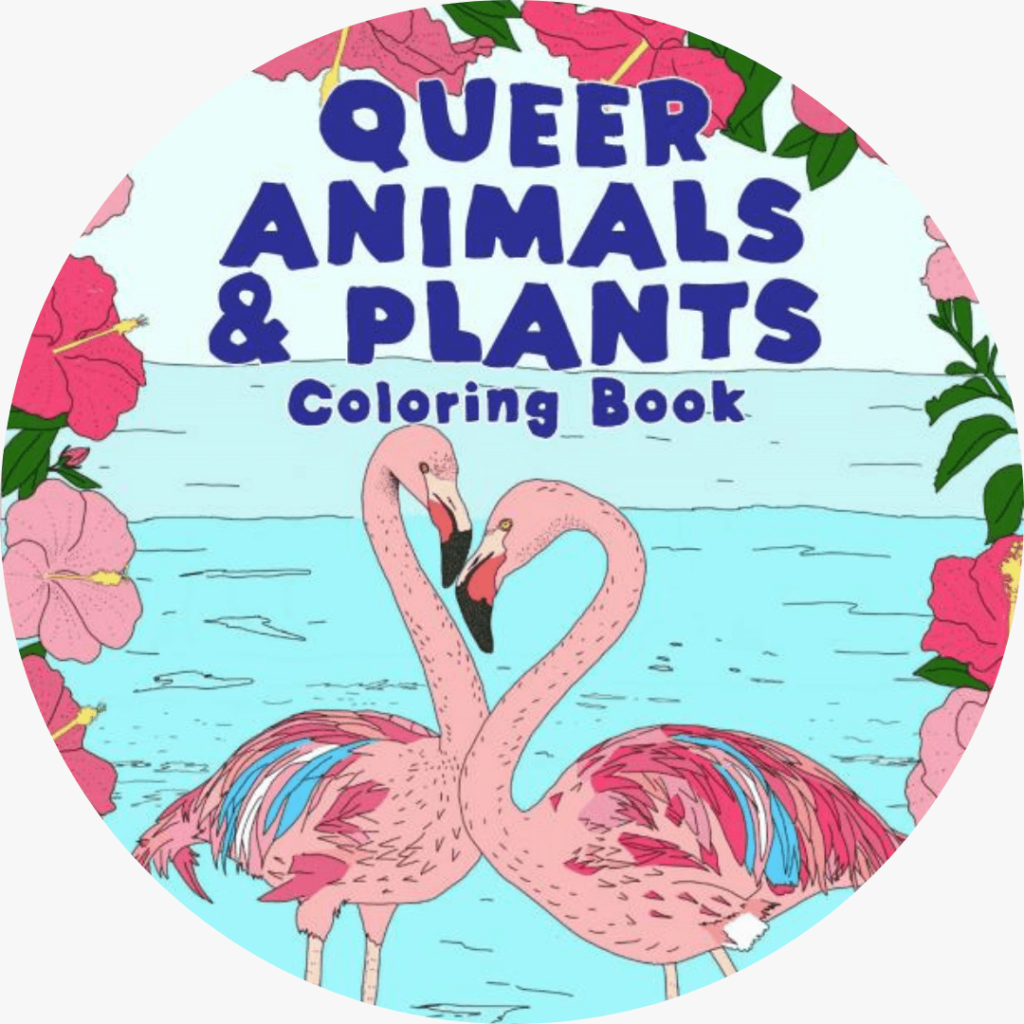Queer liberation and environmental defence are deeply connected.
I’m proud to be both an ecologist and queer community organiser. I love writing and teaching about queer ecology, telling the stories of diversity, the natural history of queerness that has been hidden and erased. I’m excited to make new connections between grassroots struggles and to be reminded that we are all interwoven and interconnected, each of us a multi-species community.
Discover more at https://queerecology.substack.com/
Here are some field recordings to listen to while you explore this page:

In 2024 I was part of the team that created the beautifully provocative, anti-ableist, and decolonial Queering Nature tour at the Berlin Natural History Museum (reviewed in german here.)
* Join me for a guided tour at the museum after closing hours
Next dates: 5.3.26, 6.30pm, 19.3.26, 6.30pm.
* You can also follow the digital tour (which I narrated in the English version)
* Or read my article.
What is queer ecology?
Read my article about this question here
Who am I?
I’m an author of four queer speculative fiction novels and several short stories. I also write about class and queer ecology. I offer workshops, book readings, interviews and editing.
I’m an ecologist and organiser and have been involved in grassroots community struggles for over twenty years. My work focuses on mutual aid and the intersections of class, queerness, disability justice and environmental defence.
How did I get into this?
Our queer communities can be a source of connection and can help us feel less alone. But what if those communities also extend way beyond human society?
As so many young nature-lovers, I grew up with David Attenborough’s wildlife programmes and I never once heard about these things. As I began to research into the few texts that exist on the subject, I discovered a world far richer than I could have imagined.
I have been writing and talking about this subject for years in my novels and workshops and realise more each day that none of this is new. Much of this knowledge has been suppressed for centuries by Western, industrial, colonial science and a great deal of it has been appropriated from other cultures - a practice which continues today. For many of us who grew up in this culture of alienation from non-human life, our un/learning has just begun.
And environmental defence? And nature connection? Read more about that journey here.
How can you find out more?
I'm proud to be a queer ecology educator - I write, give queer ecology workshops, and guided walks. Contact me here for more information.
I have a queer ecology substack and I'm in the process of publishing a full-length book on these subjects.
You can also scroll down for more queer ecology resources!
Workshops
I’ve been teaching for over twenty years and I regularly offer workshops and presentations to universities, organisations and grassroots community groups.
Writing
My novels, and especially home is a verb, all have queer ecology themes in them.
You can also follow my substack, Radical Queer Ecology or join my newsletter.
Colouring books
Along with illustrator, Anja Van Geert, I created the Queer Animals and Queer Plants zines and a full-sized colouring book published in March 2023. The perfect gift for all your friends who love queer animals and plants!

Finally, in the spirit of mutual aid, here are some important Queer Ecology resources from around the world:
Atmos Earth – queer ecology articles
Ayelet Hashachar – Clinical herbalist with a focus on trans feminine health
Biological Exuberance: Animal Homosexuality and Natural Diversity, Bruce Bagemihl
Decoloniality and anti-oppressive practices for a more ethical ecology. Christopher H. Trisos, Jess Auerbach & Madhusudan Katti, 2021
Evolution’s Rainbow: Diversity, Gender, and Sexuality in Nature and People, Joan Roughgarden
EZLN: A declaration for life. Zapatista communiqué outlining the connections between land struggles and queer liberation
Feminism in the Wild: How Human Biases Shape Our Understanding of Animal Behavior. Ambika Kamath, Melina Packer.
Falling fruit. Falling Fruit is a massive, collaborative map of the urban harvest. By uniting the efforts of foragers, freegans, and foresters everywhere, the map already points to over a half million food sources around the world (from plants and fungi to water wells and dumpsters).
Growing Abolition – A social practice project encouraging us to imagine a landscape without prisons. The Abolitionist’s Apothecary+, an outgrowth of Solitary Gardens, is a traveling, community-driven strategy, and social practice dedicated to abolition, health-care sovereignty and collective healing.
Homosexual behavior in animals (Wikipedia) – How many species of animals are gay? How common is homosexuality in (non-human) nature?
Kolektyw Wilczyce – collective in Poland with a new Queer Ecology zine
Mapping Alternative Futures through Fungi: The Usefulness of Mycorrhizal Networks as a Metaphor for Mutual Aid, Maymana Arefin
Myco Manchester – Community mushroom farm and workers’ co-operative
Out on the land – The landworkers’ alliance LGBTQIA+ organising group of the LWA.
Permaqueer – An education outfit to support Queer, POC and other vulnerable communities through permaculture education. They offer a variety of courses in permaculture and the intersection of queer theory, permaculture and systems thinking with accessible options.
Queering Nature – a queer historical perspective on nature and science. Available as a guided and self-guided audio tour at the Berlin Natural History Museum
Teasel – a queer cooperative project about land justice and land connection. Their intention is to engage their local and wider communities in (re)connecting with the land through workshops, skillshares, celebrations and political education.
Ten animal species that show how being gay is natural (DW) – 10 of the gayest animals, from giraffes to lions to albatrosses.
The Science Underground, Mycology as a Queer Discipline, Patricia Kaishian
Transhub – ‘Our Community Ecosystem’, an activity for mapping out support systems
Queer Animals are Everywhere. Science is finally catching on (Washington Post) – This article by animal studies graduate student Eliot Schrefer highlights a recent surge in scholarship on same-sex animal behaviour
Queer Ecojustice Project – organizes at the intersection of ecological justice and queer liberation. They are storytellers weaving together the threads of a complex, multidimensional story of queer survival and collective ecological futures through collaborative projects that aim to catalyze culture, consciousness, and community.
Queer Ecologies: Sex, Nature, Politics, Desire
Queerly Natural podcast – a science-based exploration into the diversity of sexuality, sex, and gender in the natural world
Queering Conservation – article by queer freelance educator and conservation forester Kara Moses
Queer Theory for Lichens, David Griffiths
Via Campesina, gender diversity in the peasant movement
Why is same sex sexual behaviour so common in animals? Kamath, A.; Monk, J.; Giglio, E.; Lambert, M.; McDonough, C., 2019
